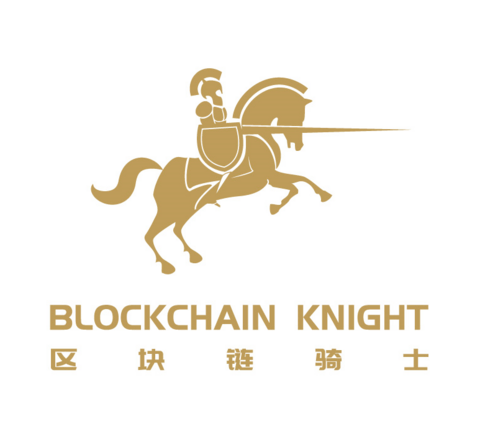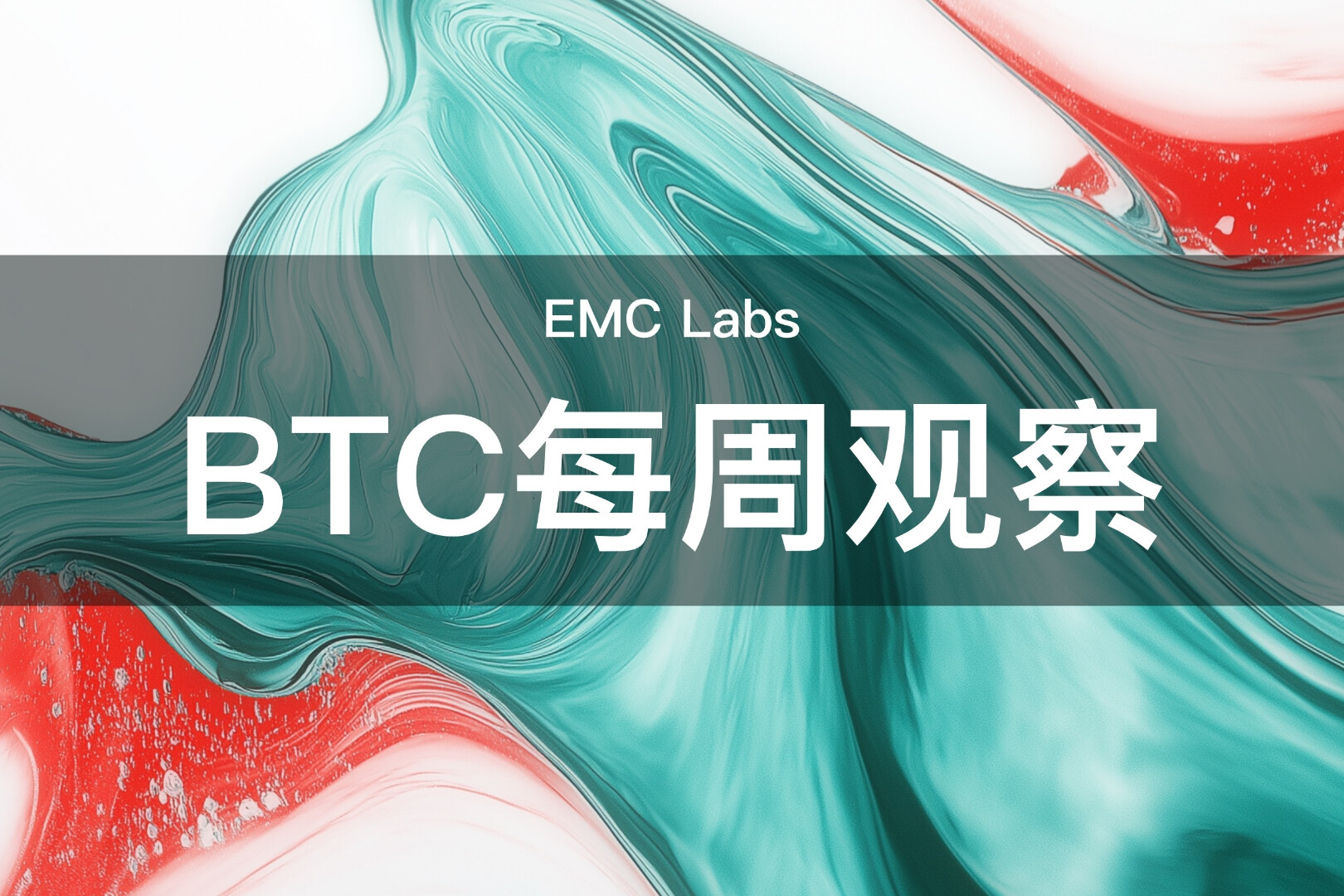盘点2022年TOP 12的Web3域名注册平台
互联网已经存在了几十年。如今的互联网生态始于Web1时代,在那个时代,软件开发人员和内容创建者组成的小团体创建了用户可以检索和访问信息的网站。
如果我们把Web1与Web2做比较,不难发现,前者也是一个去中心化的网络生态系统。
现如今,用户生成的内容(UGC)、互动、贡献者和运营构建了Web3互联网。
为什么Web3或区块链域是必要的?
当今Web2互联网处于高度中心化的操作系统之下,这些操作系统来自那些并不真正关心最终用户体验的公司,它们只为一心谋取利润。
当今互联网的一个显著问题是域名服务(DNS),即代表网站的名称,它们都是由ICANN这样的中心化公司监管,而GoDaddy这样的注册商则托管在中心化服务器上。
用户购买的域名并没有完全归属权,因为注册商充当了托管者的角色,只为用户提供访问该域名的权限,并可以随时将其删除。

这就是区块链发挥作用的地方,它具有彻底改革互联网的可能:Web3域名,也称为NFT、crypto或区块链域名。
它们是去中心化的——它们从试图审查、暂停或劫持你的网站域名的机构、公司和个人手中脱离出来。
有几个区块链域名系统正在努力从Web2迈向Web3。在这里,我们总结了2022年行业TOP12顶级区块链DNS服务网络:
Freename.io:自定义Web3 TLDs和域名平台
Freename.io是Web3 TLDs域名平台,允许用户创建例如.coo、.lambo这样具有个性化TLD的区块链域,并且无需续费,也没有隐性成本。
该公司位于瑞士,平台支持多个区块链网络,例如Aurora、币安智能链(BSC)、Cronos和Polygon,并在不久的将来支持其他生态系统,包括Avalanche、Ethereum和Solana。
此外,Freename有自己的库来帮助Web3开发者轻松地支持多个Web3域名提供商。
该库标准化了交互接口,可以解析和管理诸如Freename,Unstoppable Domains和ENS等技术平台。

Freename允许用户对他们所获得的Web3 TLDs拥有完全的控制权和所有权。
更重要的是,每通过创建和注册一个新的TLD,用户可以获得版税,这是其独有的特点,同时这也为随后使用该TLD注册的每个Web3域名产生了被动收入。
如今Freename上最新的一款.NFT TLD售价超过3000美元。
Freename的另一个值得注意的方面是,它允许用户为他们的Crypto TLDs和徽标注册商标,并在全球范围内对它们进行合法保护。
要提交商标申请,用户必须通过了解你的客户(KYC)流程,提交他们想要注册商标的顶级域名列表,以及服务支付证明。
已注册的Web3顶级域名将在全球范围内受到为期6个月的保护期。
只要瑞士联邦知识产权协会(IGE.ch)接受并注册TLD,用户就可以决定他们想要保护他们的TLD的国家。
Unstoppable Domains:市场领导者
Unstoppable Domains 是一家位于旧金山的公司,它允许用户创建一个基于区块链的类似于URL的钱包地址,从而将Web2客户端连接到Web3。

这些域建立在以太坊或Zilliqa上,以.crypto和.zil结尾,还有其他作为浏览器扩展的选项。
该平台实质上将Crypto钱包地址变成了一个更简单、人类可读的名称,可以用作通用用户名,发送和接收Crypto,并访问去中心化的网络。
用户还可以在网上展示他们的NFT头像,并验证他们的社交账户。
Unstoppable Domains兼容近300种货币和Token,已经注册了超过260万个域名。
它的好处之一是,用户一旦购买了其Crypto域名,就可以完全拥有自己的域名,无需续费、托管费或Gas费用。
以太坊域名服务(.eth):传统服务
近年来,ENS大为流行。它是当今最大的区块链命名标准服务,拥有超过217万个注册名称,并集成在500多个DApp上。
该平台提供分级分发域名服务,可以通过TLD 来识别域名“.eth”或“.test”。用户还可以创建名称哈希,同时保留其域的属性。

同时ENS将可读的名称转换为机器可读的名称,例如Bob.eth是用户名,而机器将识别Bob.eth通过其访问以太坊地址。
以foundation.eth为例。用户可以使用foundation.eth与非标准地址为“0xde0B295669a9FD93d5F28D9Ec85E40f4cb697Bae.eth”的用户名进行交互。
这使得普通用户更容易与地址进行交互,同时最小化误差。
ENS的两个主要组成部分是“注册商”(Registrars)和“解析器”(Resolvers)。
前者是拥有、创建和修改用户顶级域名和子域名的智能合约,后者负责识别用户名并将其转换为标准ETH地址。
此外,ENS允许用户创建去中心化的网站,并将它们上传到星际文件系统(IPFS),这是一个全球存储协议网络,允许世界各地的计算机以点对点的方式存储和共享数据。
ENS还支持大多数现有的DNS(域名系统)名称,如.com、.org、.io、.app等。
Bonfida :Solana名称服务
与ENS一样,Solana也有Solana名称服务(SNS),它将Solana地址替换为Web3生态系统中用户可读的身份,例如“John.sol”。

Solana用户可以通过Phantom这样的SOL钱包连接到Bonfida的命名服务,并使用SOL或USDC购买域名来创建他们的.SOL用户名。
用户还可以将他们的Twitter操作与Solana地址关联起来,并发送和接收付款。
像其他域名一样,SNS允许用户直接与不同的.sol用户名进行Crypto交易和交互,摆脱了冗杂的标准化域名。
此外,用户可以在Solana的一些最受欢迎的市场上出售他们的域名或将其Token化作为NFT出售,所有这些都以点对点的方式进行。
PeerName
PeerName是一个域名注册商,可以作为Chrome、Opera、Firefox和Microsoft Edge的插件。
它提供了一个基于web的界面,易于管理和设置,不需要了解密码学和Linux知识。
该平台围绕XNR、Emercoin和NameCoin构建,允许用户通过Tor使用多种支付方式购买以.bit、.emc和.onion结尾的域名,比如比特币、以太坊、莱特币和ripple。
PeerName具有免托管的特点,用户可以将域名免费转移到他们的私人钱包中。

此外,PeerName提供下一年的注册费用与每个后续注册费用减免。所有域名都被存储在冷库中——这些设备保存在网络世界之外,最大限度地降低了网络攻击的风险。
Namecoin和Dot-Bit
Namecoin是一个开源平台,旨在提高隐私、安全性和当前软件技术的质量,包括DNS和数字身份。它也是第一个区块链域注册网站。
Namecoin是比特币的第一个分支,也是市场上早期的替代Token之一,也是第一个解决了Zooko 's Triangle提出的网络长期问题——如何创建一个同时安全、去中心化和有人类意义的命名系统。
Namecoin提供了Dot-Bit,这是一个抗审查的域名注册表,它允许用户使用TLDs .bit或Tor .onion访问其他网站,中途通过Namecoin的NMC Crypto进行交易。
此外,Namecoin允许用户创建以.bit而不是.com结尾的域名。
Namecoin的核心任务是使用类似比特币的技术实现完全去中心化网络,以防止政府、机构和公司审查和劫持域名。
Blockstack
Blockstack提供了公钥基础设施与DNS的结合,允许用户创建完全由所有者拥有和管理的去中心化网站。

Blockstack Web3域名建立在比特币区块链之上,消除了DoS攻击、企业审查和黑客攻击的风险。
由于用户可以控制他们域的私钥,可以授权交易或将他们的域出售给其他用户。
Blockstack 浏览器类似于其他区块链浏览器,允许用户从Blockckstack的域名及其各自的信息中检查最近的活动,如关联地址、交易历史、在特定比特币区块内注册的名称等。
Quik.com
Quik是一个提供NFT域名和子域名的市场。只要完成mint,用户就无需支付续费。
该平台支持PC、iOs和Android设备,支持IPFS,允许用户在网络上发送和接收文件。
由于它的去中心化域名,Quik用户能完全掌控他们的网站,可以将它们转移到他们的私人钱包,或在平台内像OpenSea这样的市场上出售它们。
在Quick上至少有10个可用NFT TLDs。
.metaverse、.vr、.chain、.address、.io、.bored、.doge、.shib、.btc、.web3等结尾的域名都可作为Quick的域名使用。

这些都只能通过BTC, ETH, BNB和quick这样的Crypto购买。然而,这些域名并不兼容传统的DNS系统,它们只在Web3生态系统中有价值。
Emercoin
Emercoin是一个基于区块链的去中心化平台,它混合使用了两种共识算法,所有权证明和工作量证明,这使它能够维持其产品和服务。
例如具有用户友好的dsdk(去中心化软件开发工具包)的工具栈。这允许开发人员为多个用例(包括域名)构建区块链和软件解决方案。
Emercoin的DNS被称为EmerDNS,它创建了抗审查的域名,不能被任何中央机构或权威机构撤销或更改。
用户可以控制他们的私钥和相关的支付地址。
EmerDNS的域名有很多特点,提供完全访问不同的域区域而不是一个 ,具有完全可定制的域记录,可以创建子域名,并且能够出租DNS记录定制租期。
NEM区块链DNS
NEM DNS是一个chrome扩展网络,允许用户在NEM区块链上搜索.nem网站。
它是完全去中心化的、抗审查、易于安装、不需要额外的软件。用户还可以随时更新域记录。
Handshake

Handshake是一个去中心化的、无许可的命名协议,旨在通过提供一个替代公司管理域名(如.com)的替代方案,为web带来一个去中心化的新时代。
Handshake允许用户创建完全拥有的、抗审查的域名和数字身份。
作为一个社区驱动的平台,网络参与者负责验证DNS域名,使其成为一个可靠和安全的系统。
Handshake运行自己的区块链,由Handshake Coin(HNS)提供动力,支持用户转让、注册和更新Web3域名。
此外,Handshake社区可以拍卖域名,社区成员可以购买顶级域名。
Firefox和Chrome的区块链服务网络DNS
区块链DNS Firefox和Chrome扩展网络允许用户访问Web3域名,如Emercoin、Namecoin等。
这个过程很简单,用户需要下载扩展网络,它会自动在相应浏览器的扩展栏上添加一个图标。
区块链DNS是典型的集中式DNS服务器的可靠替代方案。虽然前面提到的域是有限的,但它们提供了更高级别的安全和隐私。
Web3域名注册商的未来

Web3有望成为下一代互联网,而域名将在这一转变中扮演重要角色,这一切都归功于区块链技术的魔力。
区块链域名将自己定位在互联网上,前景一片光明。目前底层基础技术还在布局,正在改进现有Web2网络的缺陷。
域名将与元宇宙、Crypto、NFT和GameFi一起,加速实现Web2向Web3的转变。



